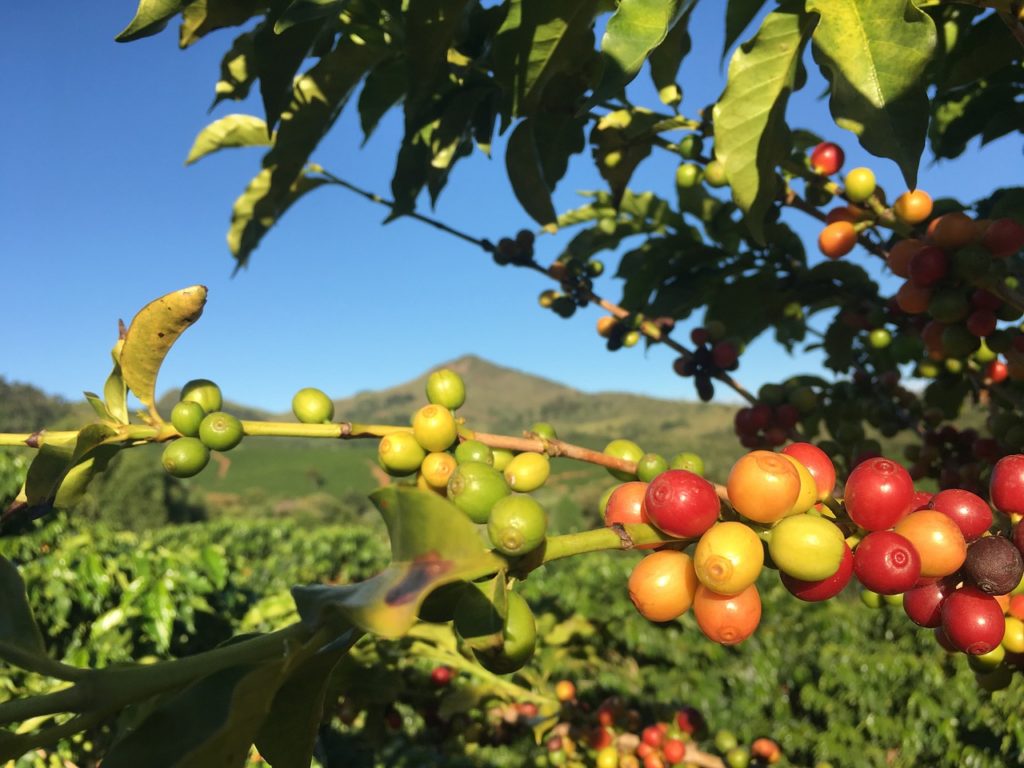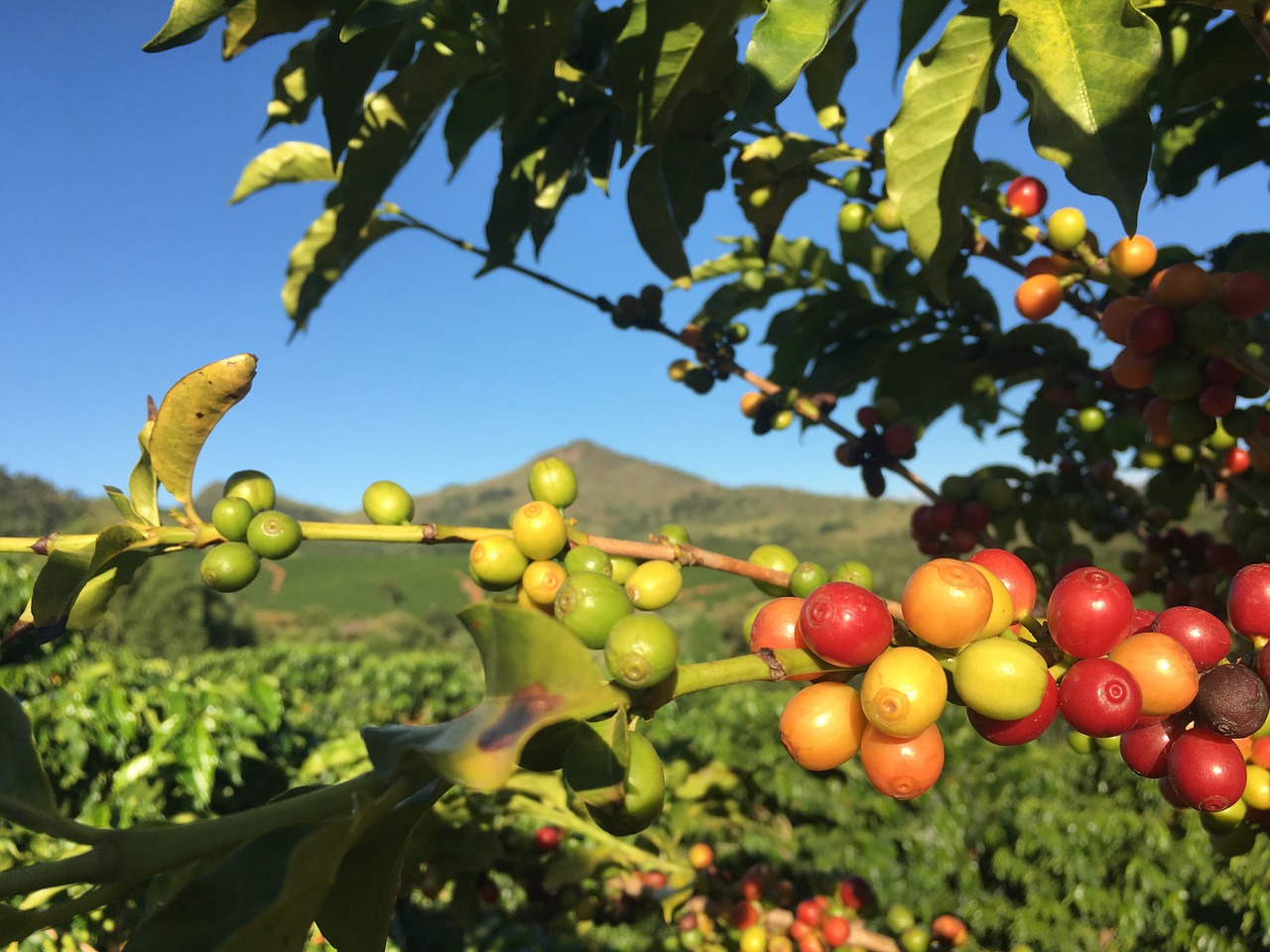
Introduction
Brazil, the world’s largest coffee producer, has long been a cornerstone of the global coffee industry. However, in 2024, the country faces unprecedented challenges due to climate change. Rising temperatures, unpredictable weather patterns, and extreme weather events are threatening coffee production and impacting the livelihoods of millions. This blog post delves into how climate change is affecting Brazil’s coffee industry and what the future may hold for this essential crop.
The Impact of Climate Change on Coffee Production
Rising Temperatures and Reduced Yields
Brazilian coffee farmers are grappling with higher temperatures that directly affect coffee plant health. Coffee, particularly Arabica, is sensitive to temperature changes. Ideal growing conditions for Arabica coffee range between 18°C and 24°C. However, many coffee-growing regions in Brazil are now experiencing temperatures above this range, leading to reduced yields and lower-quality beans (Coffee at Three).
Unpredictable Weather Patterns
Climate change has introduced more variability into weather patterns, making it difficult for farmers to predict and plan their agricultural activities. Traditionally predictable rainy and dry seasons have become erratic, disrupting the growth cycles of coffee plants. Inconsistent rainfall can lead to prolonged droughts or unexpected floods, both of which are detrimental to coffee production (Coffee at Three) .
Increased Incidence of Pests and Diseases
Warmer temperatures and altered precipitation patterns have also increased the prevalence of pests and diseases. The coffee borer beetle, a notorious pest, thrives in warmer climates, and its population has surged in recent years. Additionally, coffee leaf rust, a devastating fungal disease, has become more widespread, further threatening coffee yields and quality .
Economic and Social Implications
Financial Strain on Farmers
Smallholder farmers, who make up a significant portion of Brazil’s coffee producers, are particularly vulnerable to the financial impacts of climate change. Reduced yields and increased costs for pest and disease management strain their already limited resources. Many farmers are finding it increasingly difficult to sustain their livelihoods, leading to a rise in rural poverty (Coffee at Three) .
Shifts in Coffee Growing Regions
As traditional coffee-growing areas become less viable, there is a push to find new regions suitable for coffee cultivation. This often means moving to higher altitudes where temperatures are cooler. However, relocating coffee farms is not always feasible due to land availability, soil suitability, and the costs involved. These shifts also have social implications, disrupting communities and traditional ways of life (Coffee at Three).
Adaptation Strategies and Future Outlook
Technological and Agricultural Innovations
To combat the effects of climate change, Brazilian coffee farmers are adopting various adaptation strategies. These include developing and planting more resilient coffee varieties that can withstand higher temperatures and resist pests and diseases. Additionally, advanced agricultural practices such as precision farming and improved irrigation systems are being implemented to optimize water use and enhance crop resilience .
Sustainable Practices and Certification Programs
Sustainability is becoming a key focus for the coffee industry. Certification programs like Rainforest Alliance and Fair Trade are encouraging farmers to adopt environmentally friendly practices. These programs not only promote sustainable farming methods but also offer financial incentives, helping farmers invest in necessary adaptations .
Policy and International Support
Government policies and international support are crucial in helping Brazil’s coffee industry navigate the challenges posed by climate change. Investments in research and development, infrastructure improvements, and financial aid for affected farmers are essential measures that can mitigate the adverse impacts of climate change (Coffee at Three).
Conclusion
The coffee industry in Brazil is at a critical juncture as it faces the multifaceted challenges of climate change. While the situation is dire, there are pathways to resilience through innovation, sustainability, and support from the global community. Ensuring the future of coffee production in Brazil will require concerted efforts from farmers, governments, and consumers alike. By prioritizing sustainable practices and adaptive strategies, it is possible to safeguard this vital industry for future generations.




